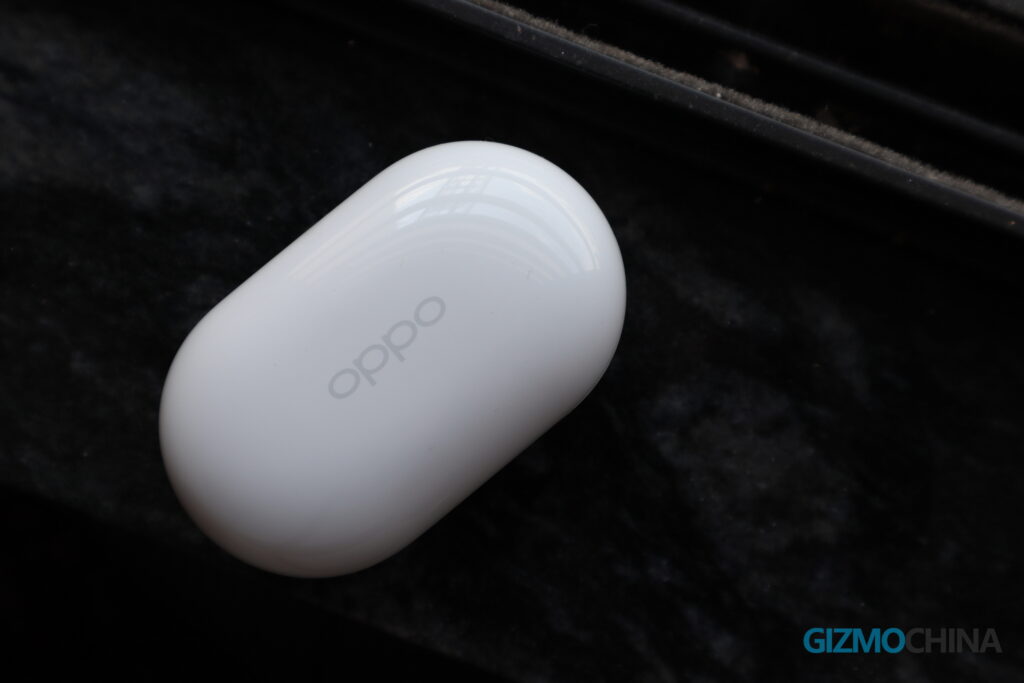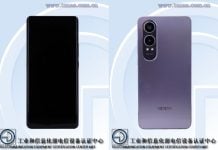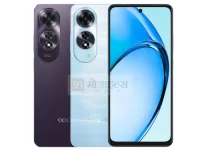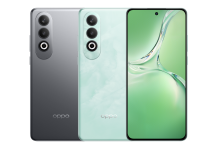Sure, batteries have grown safer and more efficient than ever before, but OPPO seems to think that they’re not the future, at least for IoT devices. A research paper titled “Zero Power Consumption Communication” published by the company outlines a future full of battery-free IoT gizmos that will instead rely on Bluetooth, WiFi, and mobile phone signals for power.
The paper reveals that OPPO has actually successfully built a zero power consumption communication system, verifying that the technology can work at least in principle. The perks of the system include no battery, a minimal size, ultra-low power consumption, and ultra-low cost.

According to OPPO, IoT devices of the future will be able to obtain energy directly through Bluetooth, WiFi, and mobile phone signals, resulting in smaller, longer-lasting, and lower-cost devices.
At present, most electronic devices are completely dependent on batteries for power, and batteries have multiple limitations associated with them. They take up a lot of space, are expensive to manufacture, and have limited lives, not to mention their environmental impact after they’re trashed.
The zero power consumption tech by OPPO will work by collecting RF (radio frequency) energy from wireless signals sent by RF sources such as TV towers, FM towers, cellular base stations, and WiFi access points. Communication will be achieved by modulating such incoming signals and relaying them elsewhere.
OPPO believes that this would allow devices to act as low-power-using communication beacons in heavy industry, transportation, smart homes, or even wearables. Other potential uses include battery-free location tags and long-distance tracking tech for species like migratory birds.
While the potential of the technology looks boundless, it appears that it will be limited to devices with extremely low energy needs — and that definitely does not include smartphones. Still, OPPO has surely done its bit in inching closer to a battery-free world.
RELATED:
- Oppo Reno7 & Reno7 Pro confirmed to launch in India soon
- OPPO Find X5 series flagship smartphones to reportedly launch in late February
- Alleged OPPO Reno8 / Reno8 Pro renders emerge to showcase renewed design
- OPPO Find X5, X5 Pro 3C certified, likely to debut with 80W fast charging
- ColorOS 12 stable update rolling out for OPPO Reno5 Pro 5G, Reno5 Z 5G







